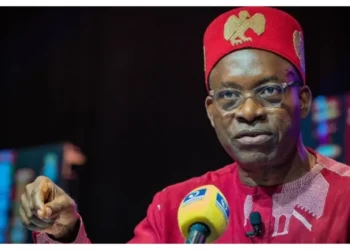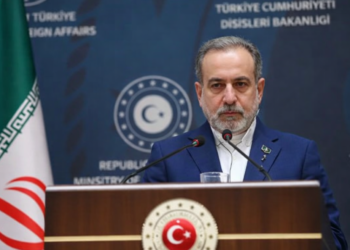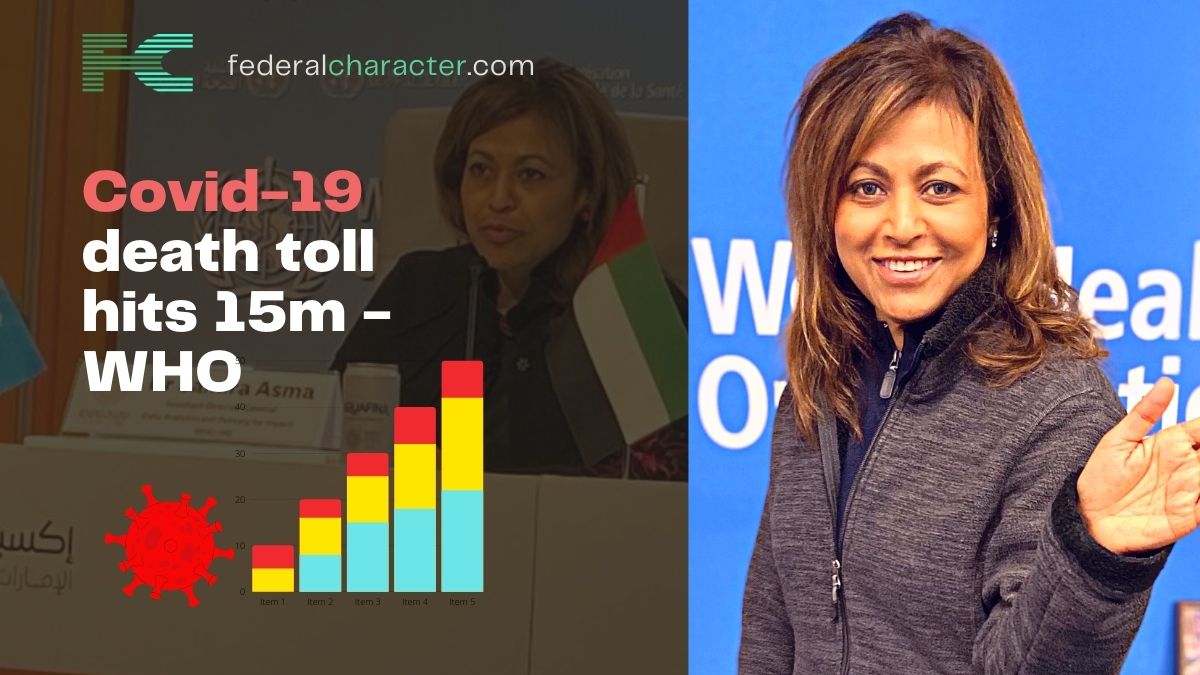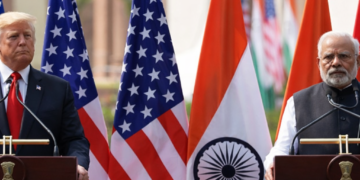Israel launched an airstrike overnight targeting Hezbollah’s intelligence headquarters in southern Beirut, Lebanon, as part of its ongoing military campaign against the group. The strike is believed to have targeted Hashem Safieddine, a senior Hezbollah figure rumored to be the potential successor to the group’s assassinated leader, Sayyed Hassan Nasrallah. However, Safieddine’s fate remains unclear, and neither Israel nor Hezbollah has provided further information.
Escalating Conflict
The conflict in Lebanon has had devastating impact on Hezbollah, displacing more than 1.2 million Lebanese residents. The conflict took a drastic turn after the assassination of Nasrallah, a key leader who played a significant role in shaping Hezbollah into a formidable military and political force. In response, Iran launched missiles at Israel earlier in the week, raising tensions in the region. Tehran’s missile attack came partly as retaliation for Nasrallah’s killing and Israel’s expanding ground operations in southern Lebanon.

Iran’s Response
Iran’s Supreme Leader, Ayatollah Ali Khamenei, addressed a large crowd in Tehran, signaling Iran’s defiance in the face of Israeli strikes. He emphasized that Iran and its regional allies, including Hezbollah, would not back down despite the assassination of their leaders. Khamenei described Iran’s missile attacks on Israel as “legal and legitimate” and warned that Israel’s actions would only provoke further resistance.
During his speech, Khamenei refrained from issuing new direct threats but strongly reaffirmed Iran’s stance against Israel, holding a rifle in a symbolic gesture. Iranian Revolutionary Guards deputy commander Ali Fadavi also issued a warning that Iran would target Israeli energy and gas installations if Israel continued its strikes.
Assessment of Damage
While Israel continues to assess the results of its airstrikes, the Israeli military reported that it had killed Mohammad Rashid Sakafi, head of Hezbollah’s communication networks, during the same round of attacks. Israeli Lieutenant Colonel Nadav Shoshani confirmed that the strikes specifically targeted Hezbollah’s intelligence headquarters, though he offered no further details on Safieddine’s fate.
Regional Implications
As tensions rise, oil prices have surged due to fears of potential attacks on Iran’s oil infrastructure. Israel has vowed to continue its military objectives of weakening Hezbollah’s presence in Lebanon and targeting Hamas militants in Gaza. Khamenei, in his speech, reinforced that resistance in the region would persist, asserting that every strike against Israel serves the interests of the Middle East and humanity.

















